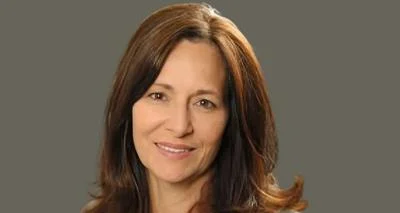Sen. Bill Brady’s (R-Bloomington) budget plan overestimates its spending cuts and overstates its reform efforts, the Illinois Policy Institute argued recently.
Ted Dabrowski, the institute's vice president of policy, and policy analyst John Klingner characterize Brady’s proposal as an attempt to mask tax hikes with superficial spending cuts and call the plan a convenient way for politicians on both sides of the aisle to claim that they have fulfilled promises while maintaining the status quo.
Brady says his plan would reduce general revenue fund spending by more than $5 billion, but Dabrowski and Klingner argue that their analysis puts the figure at $3.8 billion at best. Further, most of the saving is not accomplished through reform but through spending cuts, which will do nothing to slow spending.
The Illinois Policy analysis of Brady’s plan noted that the pension savings, which would be achieved through a hybrid retirement plan for new employees, would not take pensions out of the state’s future funding equations, thus leaving the unpredictable nature of pensions in the mix.
Dabrowski and Klingner advocate a pension reform plan from Sen. Dale Righter (R-Mattoon) that would put all new state employees and existing state workers who want it into a 401(k)-style plan.
While Brady’s plan does include a property tax freeze, it does nothing to address the underlying factors that have led to Illinoisans paying some of the highest property taxes -- and bearing some of the highest overall tax rates -- in the country, Dabrowski and Klingner say.
The institute has called for reducing the number of local governments, reforming collective bargaining and prevailing wage mandates, and getting rid of state subsidies for local governments. A property tax freeze without those measures would only push local governments to increase or put other taxes in place, bringing the total tax burden up regardless of property tax rates, the institute says.
Brady also touts his plan as increasing revenue by $5 billion, but he characterizes it as a supplement to the Senate’s "Grand Bargain," which calls for $7 billion in new fees and taxes.
Dabrowski and Klingner strongly oppose any efforts to increase state revenue without putting significant reforms in place. They believe that if the state has more money, it will go toward bailing out it out of debt and perpetuating Illinois’ financial problems.
They argue that the state has seen this happen multiple times under past governors, citing Jim Edgar’s pension ramp, which led to Rod Blagojevich’s pension bonds, which led to Pat Quinn’s temporary tax hike. Dabrowski and Klingner believe that Brady’s plan would be another link in that chain, allowing the state to get by in a system that will necessitate increased tax rates to cover its expanding spending.
Instead, they push for creating a system that would remove those increases through reform. A recent poll commissioned by the institute showed that 80 percent of Illinoisans agree, supporting major structural reforms before any tax increases.
.jpg)




 Alerts Sign-up
Alerts Sign-up